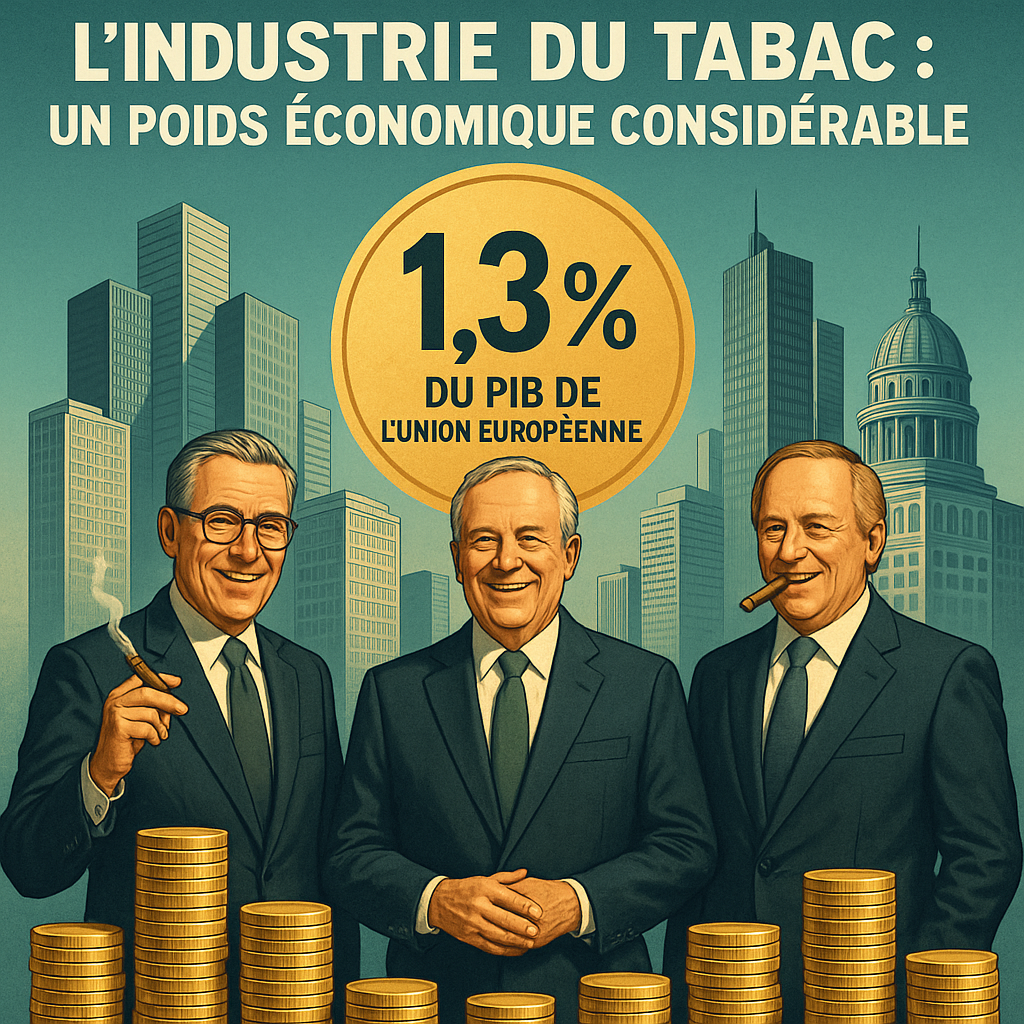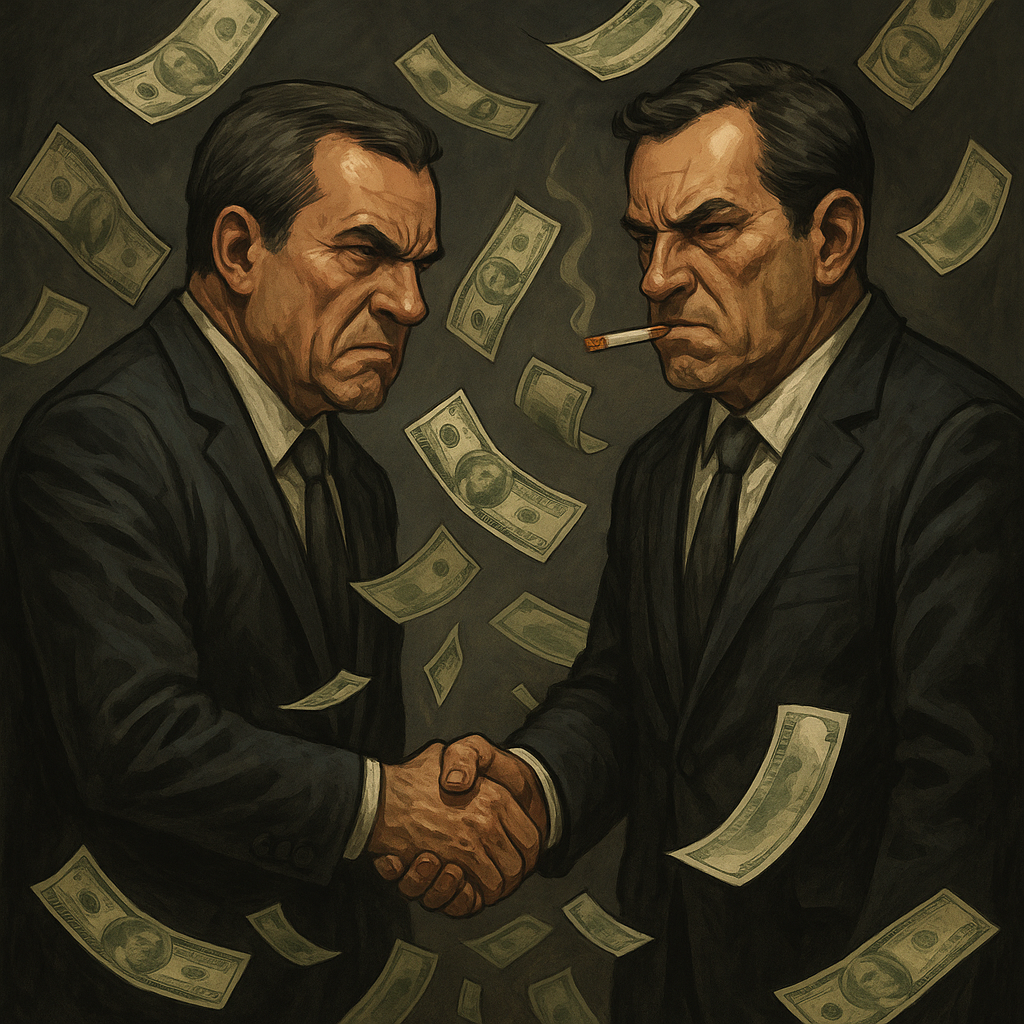
In 2025, the European Union (EU) stands at a critical crossroads in its fight against smoking. Despite strong public health commitments, some member states are using their political influence to defend the interests of the tobacco industry, jeopardizing tobacco reduction targets.
The tobacco industry: considerable economic clout
The tobacco industry is a major economic player in the EU. According to the think tank European Policy Innovation Council (EPIC), it generates some 223.7 billion euros a year, or 1.3% of total EU GDP, and directly or indirectly employs 2.1 million people. Tax revenues from tobacco amount to 112.9 billion euros annually.
This economic importance gives the tobacco industry significant influence over public policy. Some member states, aware of the economic and social repercussions, are reluctant to adopt strict anti-smoking measures.

Lobbying: an effective influence strategy
The tobacco industry makes considerable efforts to influence political decisions. It invests around 20 million euros a year in lobbying activities in Brussels, employing more than 200 people dedicated to this task. This strategy aims to delay or weaken anti-smoking regulations, by putting forward economic arguments or highlighting the risks of black market development.
Reports have revealed a lack of transparency in interactions between the European Commission and the tobacco industry, raising concerns about the integrity of decision-making processes . (source lemondedutabac.com)
Worrying delays in legislation
Despite the adoption in 2022 of the European plan to overcome cancer, which aims for a “tobacco-free generation” by 2040, the revision of key tobacco directives has been delayed. The tobacco taxation directive, originally scheduled for 2022, and the tobacco products directive, scheduled for 2024, have yet to be updated. These delays compromise the effectiveness of anti-smoking policies and raise questions about the EU’s public health priorities.
Greenwashing: a new industry tactic
Faced with growing pressure to adopt sustainable practices, the tobacco industry is resorting to greenwashing to improve its image. It promotes environmental initiatives while continuing to produce products that are harmful to health and the environment. Organizations such as the Alliance Against Tobacco denounce these practices, pointing out that cigarette filters, made of non-biodegradable plastic, are among the most common waste on European beaches.
Read also: Open a franchise that makes sense and become the expert in auricular reflexology to fight addiction.
NGOs and civil society on alert
Non-governmental organizations (NGOs) call on the European Commission to rapidly strengthen anti-smoking measures. They point to the delay in European legislative action as the tobacco industry continues to roll out new products and marketing tactics. Civil society, aware of what is at stake, is calling for a stricter policy towards tobacco companies.
Conclusion: a crucial choice for the future
The European Union is faced with a dilemma: preserving the economic interests of the tobacco industry or protecting public health. Decisions taken over the next few years will determine whether the EU achieves its goal of a smoke-free generation by 2040. It is imperative that European institutions resist tobacco industry pressure and implement ambitious policies to reduce smoking and its harmful consequences.
